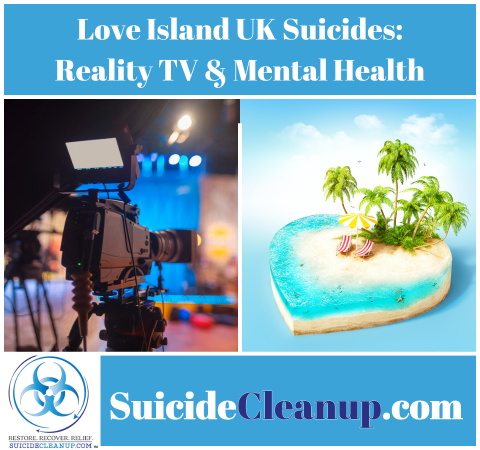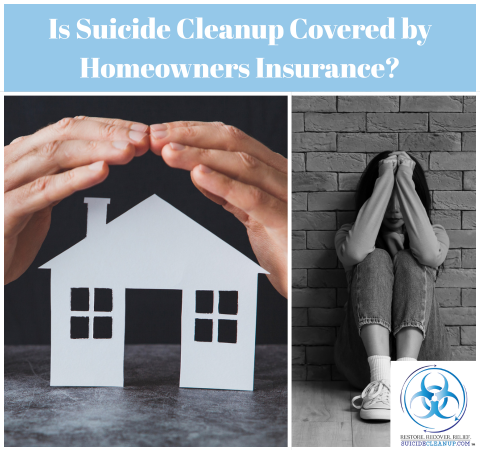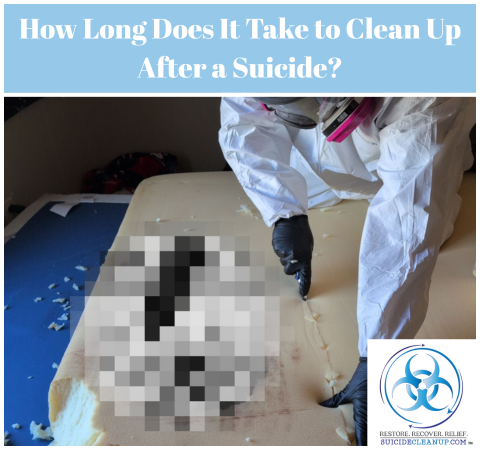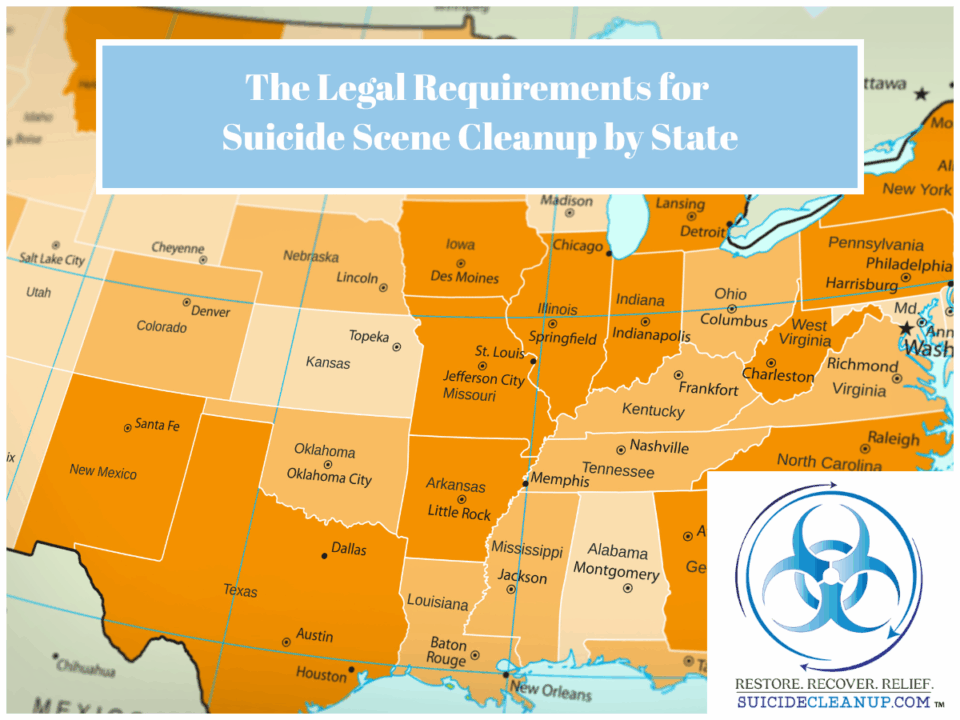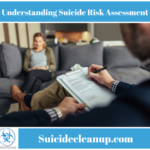
Understanding Suicide Risk Assessment
August 6, 2024
National Physician Suicide Awareness Day: A Call to Action for Mental Health in Healthcare
September 20, 2024The world of reality television often promises glamour, fame, and a platform for instant success. However, behind the scenes, the pressure and scrutiny can have devastating consequences. The tragic suicides of several cast members from the popular UK reality show “Love Island” have sparked urgent conversations about the mental health risks associated with reality TV. In this blog, we’ll explore the darker side of reality television, examining how the intense public scrutiny, relentless competition, and sudden fame can impact the mental well-being of participants, leading to tragic outcomes.
A Background of “Love Island UK”
“Love Island UK” is a reality TV phenomenon that began capturing audiences in 2005, with a successful reboot in 2015. The show places a group of single contestants, known as “islanders,” in a picturesque villa where they navigate the highs and lows of romantic relationships. The premise is straightforward yet compelling: islanders must couple up to secure their spot in the villa, with the constant threat of new arrivals stirring the pot and the looming risk of elimination for those left uncoupled. The ultimate goal? To be crowned the winning couple, as decided by the public, and to walk away with a cash prize.
What sets “Love Island UK” apart is its unique blend of romance, competition, and drama, all unfolding in a sun-soaked, luxury setting. The show’s format, combined with the personal dynamics between the contestants, creates an addictive viewing experience. As the islanders form and break alliances, forge connections, and face challenges together, viewers are drawn into the emotional rollercoaster of their journey.
The show’s popularity exploded, in large part, due to its deep integration with social media. Fans engage in real-time discussions about episodes, contestants, and the unfolding drama, making “Love Island” a cultural conversation piece both on and off the screen. The show’s influence has extended far beyond the UK, leading to numerous international adaptations and solidifying its place as a staple of modern reality television. This blend of romance, strategy, and viewer participation has turned “Love Island UK” into more than just a show—it’s a global phenomenon.
Sophie Gradon, Mike Thalassitis, and Caroline Flack
The tragic suicides of Sophie Gradon, Mike Thalassitis, and Caroline Flack, all connected to the reality TV show “Love Island,” highlight the devastating impact of public scrutiny, mental health challenges, and the pressures of fame.
- Sophie Gradon, a former beauty queen and contestant on “Love Island” in 2016, took her own life in June 2018 after struggling with intense online bullying and harassment following her time on the show. Her death was particularly tragic as it also led to the suicide of her boyfriend, Aaron Armstrong, just 20 days later. Gradon’s case underscores the dark side of social media, where relentless criticism and abuse can profoundly affect mental health.
- Mike Thalassitis, a professional footballer who appeared on “Love Island” in 2017, was another victim of the pressures that often accompany reality TV fame. In March 2019, Thalassitis died by suicide with a combination of cocaine, ethanol, antidepressants, and paracetamol found in his system. His struggles were compounded by financial difficulties and harsh media coverage, factors that likely contributed to his deteriorating mental health.
- Caroline Flack, the host of “Love Island” from its reboot in 2015 until 2019, was the third high-profile figure connected to the show to take her own life. Flack, who had a history of mental health issues, died by suicide in February 2020 amid intense media scrutiny and legal troubles. Her death, following a previous suicide attempt, highlighted the overwhelming pressures faced by those in the public eye, especially when dealing with personal and legal challenges.
These tragedies shed light on the need for greater support and awareness of mental health issues, particularly for those in the spotlight, and call into question the responsibilities of reality TV producers, the media, and social media platforms in safeguarding the well-being of participants and hosts.
The Impact of Suicide on Family & Friends
In the following years family members of the deceased as well as former cast members on the show opened up about their experiences. This brought the conversation up about mental health and the amount of trolling that comes with fame.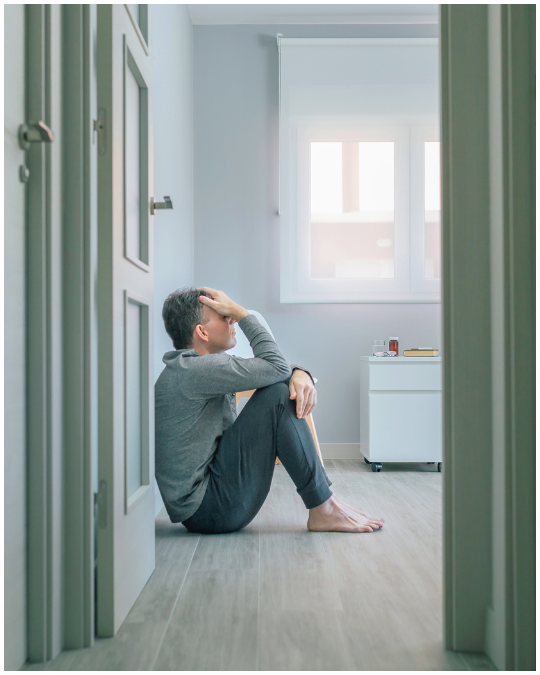
Tom Powell
Tom Powell, a former cast member on Love Island who was coupled with Sophie Gradon, opened up about her death. After the show’s 2nd season in 2016, Tom and Sophie dated for about 6 months and continued to keep in touch. He reflected on the morning of her passing and mentioned the calls he got from cast members and even Sophie’s parents. He shared:
“I still remember that morning vividly. I woke up around 9am to a text from Emma, one of the girls from the show, and she said, ‘Tom, I’m so sorry’. The following day, I received calls from her parents, and that was incredibly difficult. Talking to them was the hardest part, I think.”
Tom also discussed how being on Love Island had impacted Sophie, noting:
“Being in the public eye did affect Sophie, I know it did because we were together. She always disliked everyone knowing her personal life.”
Colin Gradon
Colin Gradon, Sophie’s father, crashed his vehicle into a telephone pole on November 5th, 2022. The crash resulted in electricity being cut from nearby houses and Colin fled the scene. Once he was found 3 hours later, he was arrested and breath tested which showed he had excess alcohol in his system. This lead to him being charged with driving with excess alcohol and failing to report the incident. Colin admits to leaving the scene but maintains that he wasn’t under the influence at the time.
In March 2024, Colin was let off prison after a judge learned about what him and his wife Deborah had being going through. The judge felt the PTSD from losing a child played a factor in Colin crashing his car. Colin shared:
“Losing Sophie was devastating and things are still not good for either of us. I am on medication and I’m suffering from PTSD as a result of what happened. Unfortunately that was a factor in what happened on Guy Fawkes night when I had the accident.”
Shirley and Andy Thalassitis
Shirley and Andy, parents of Mike’s Thalassitis, spoke to The Mirror back in March 2024. They opened up about their sons tragic suicide and some of the issues he was dealing with. Mike was s semi-pro footballer who instantly gained overnight fame after appearing on Love Island. This lead him to participate in another dating show called Celebs Go Dating where online trolls started to brand him as a “vile” person. Shirley explains:
“He went in with 15,000 followers on Instagram and came out with over 500,000. He couldn’t walk down the street without strangers calling out. Mike was very protective of us and didn’t want us to be exposed to social media and any abuse. He rarely posted photos of us as a family and used to tell us there are a lot of ‘haters’ out there.”
Mike was also grieving the loss of a grand parent and going through a breakup with TV star Megan McKenna. He went to a doctor for help but was only prescribed anti depressants which his mother Shirley thought made matters worse. Both Shirley and Andy found out about this after Mike’s death and wish that he choose to reach out to his family and friends instead. While they do take some solace that Mike’s passing is helping men talk about their mental health the pain they are going through is still unbearable.
“Whoever said time heals has obviously never lost a child. There isn’t a day that goes by when we don’t think about him. We love and miss him so much.” – Shirley Thalassitis
Conversation Online
Many fans of the show have taken to online platforms to voice their discontent for how cast members are treated by the more toxic sections of the fanbase. It’s one thing to be entertained by drama, it is another thing to take it seriously to point of hating the individuals on the show. One user on a reddit thread titled “Love Island is Diabolical” shared this: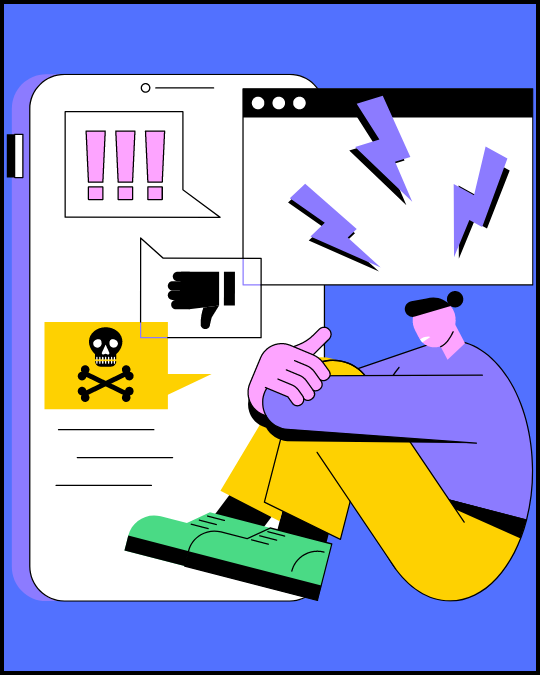
“Yall learned the words “gaslighting” & “narcissism” & took off with it. Gaslighting doesn’t simply mean “lying” & narcissism isn’t every man that broke your heart. It’s actually extremely rare for someone to be diagnosed with narcissism, so the fact that you think you can do it from your couch is crazyyy lol. Yall gotta let that pain go… stop placing extreme labels on people, especially when a show is intentionally curated in ways to make people act unfavorably.”
Another user on a seperate reddit thread shared similar sentiments:
“Can you please stop bullying people on the show? Jesus, it’s a legitimate reality show. Nothing is real. Stop being a parasocial moron and hating people over a highly edited show that is meant to bait your rage. They are profiting off your emotions, by the way. Let’s be nice for now. Stop commenting on their Instagram, Twitter, and TikTok of the cast. It’s not right. Yes, the hype is whipping up to a frenzy and I’m worried about the folks on the show. We need to remember they are mostly kids in their 20’s and everyone makes relationship mistakes in their 20’s. No one is evil. It’s just a show!”
ITV duty-of-care processes
Around January of 2023 ITV, the network where Love Island UK airs, published details on what they call “duty-of-care processes”. Since they would be releasing the Love Island winter 2023 season they made sure to address all the talk online about the well being of the contestants on the show. The duty-of-care processes include welfare plans to support participants before, during and after filming the season. The three main changes to the show will be:
- Pausing Social Media Activity during their time on the show- The most significant change is that contestants will be required to halt all social media activity during their time on the show. Their accounts will stay inactive while they are in the villa, ensuring that nothing is posted on their behalf. The show’s producers believe this new approach will help shield both the Islanders and their families from the negative impact of social media.
- Enhanced training around behavior in relationships- Islanders will also undergo more comprehensive training on behavior in relationships, a focus that seems to have emerged following last year’s series, where many male contestants were criticized by viewers for displaying controlling behavior. According to ITV, before entering the Villa, Islanders will receive guidance on mutually respectful behavior in relationships. They will be provided with resources to help them recognize negative behaviors and understand the patterns associated with controlling and coercive actions.
- Aftercare- Once the show is over contestants will be given a series of aftercare measures to ensure they can adjust to their normal lives back home. These measures include:
- Customized training on handling social media
- Each Islander will be offered at least eight therapy sessions upon returning home.
- Ongoing support through regular contact with Islanders for 14 months after their series ends
While these measures are an important step in the right direction a big part of the effort must come from the shows viewers. They need to not be so invested in the lives of people on TV and learn to just enjoy it for entertainment purposes only.
The Urgent Need for Change in Reality TV
The tragic losses of “Love Island” cast members underscore the urgent need for a more compassionate approach to reality television. As viewers, we must recognize the human cost behind the entertainment and advocate for better mental health support for those thrust into the spotlight. While reality TV may continue to captivate audiences, it’s crucial that the industry prioritizes the well-being of its participants over ratings and drama. By fostering a culture of empathy and understanding, we can help prevent future tragedies and ensure that the pursuit of fame doesn’t come at the cost of mental health.
At Suicide Cleanup, we see first hand how tragedies like this effect loved ones. If you or someone you know may be suffering from depression, suicidal thoughts or any other form of mental illness please check out our resources page and find a professional help near you
References:
https://www.dailymail.co.uk/tvshowbiz/article-11536941/Love-Islands-Tom-Powell-says-spotlight-impacted-late-ex-Sophie-Gradons-mental-health.html
https://www.mirror.co.uk/3am/celebrity-news/parents-tragic-love-island-star-32426745
https://www.chroniclelive.co.uk/news/north-east-news/ponteland-drink-driver-smashed-telegraph-28771131
https://www.dailymail.co.uk/news/article-13226673/love-island-sophie-gradon-father-jail-drink-driving-daughter-suicide.html
https://www.glamour.com/story/the-new-love-island-season-is-getting-a-major-shake-up-for-mental-health-reasons

